PPC and SEO are two different ways of achieving the same thing: higher traffic for your website. Each, however, comes with a host of advantages and disadvantages you need to know before you start.
Often, it’s not a case of choosing one over the other: both can work synergistically. Deploying them in the right ratio can boost your website visibility and get you more conversions than either can on their own.
What Are PPC and SEO?
PPC stands for pay-per-click. Here, users type search queries containing the keywords you’ve targeted into the search box. The search engine then displays a paid link to your site. When users click on this link, you get traffic and the search engine bills you for the privilege.
SEO or search engine optimisation is different. Here, you’re trying to create conditions that will draw users to your site organically, so you don’t have to pay for each click. SEO involves a whole host of activities, like link building and creating compelling content, but just like PPC, it too costs money. An effective SEO campaign relies on people who understand how search ranking algorithms work, how to write great blog posts, and how to design videos and infographics for your website.
Most companies use a combination of SEO and PPC to get the best of both worlds. They use some targeted PPC ads for some keywords and then rely on SEO to help them drum up organic traffic the rest of the time. Both can be beneficial.
PPC Versus Organic Traffic From SEO
Let’s compare PPC to SEO directly and look at the subtle differences between them.
Position In Search Ranking
On Google and most other search engines, PPC ads appear right at the top of search results, above all of the organic website links. Depending on the search criteria, Google will list up to four ads associated with the keywords that a user enters, all of which sit above the non-paid results.
You might think that this would give PPC the advantage over SEO, but not so fast.
It turns out that users are savvy to search engine advertising formats. Users know that the top results are promotional (because of the “ad” symbol that appears next to paid links) and regularly skip down to the organic results below in the hope that they will get a higher quality experience.
Companies that use PPC, therefore, usually only get access to a small chunk of users. Around 60 to 80 per cent of people habitually ignore paid results entirely.
The Cost
PPC contains the word “pay,” so you’d expect it to be costly, and it is. Companies often wind up paying tens of thousands of dollars throughout the year to win business online - money that they’d prefer to return to shareholders. While Adwords optimisations and Google analytics can reduce the expense through better targeting, there’s no such thing as a free lunch. If you want customers to visit your site with PPC, you have to pay for it.
The fact that you only pay search engines when a user actually clicks on your paid link is a nice feature. You don’t pay for views. But if you occupy a competitive space, expect the fees for each click to be high. It’s not uncommon for firms to bid up to $40.
People who don’t understand the industry will often claim that SEO is cheaper because it provides you with free organic traffic. In the long run, there’s some truth to that statement, but gaining traffic organically isn’t free - at least not initially.
The majority of companies rely on fee-charging third-party SEO agencies with the expertise they need to rank well. A lot of firms also hire a bunch of writers and marketing experts to create websites and content that will attract people. None of this happens automatically. While great SEO will help small business, local government, health enterprises and startups, in the long run, it’s an investment. The payoff is in the future.
The Amount Of Traffic You Can Generate
Most experts believe that SEO is more effective at generating traffic than PPC. The reason is that most users automatically choose sites that rank organically for any given keyword than they do paid results. The split is usually 80 per cent of traffic to organic sites; 20 per cent to PPC links.
Of course, that doesn’t mean that SEO is better from a business perspective. While top-ranking results get more traffic, it’s incredibly expensive to dislodge them. For a lot of companies, it makes more sense to miss out on 80 per cent of customers than it does to absorb the expense required to rank highly for particular competitive keywords. Many are better off staying on page three organically and just paying for each click.
PPC is not money down the drain, nor does it necessarily limit traffic. It’s worth pointing out that the number of clicks that you can sustain is infinite if your conversion ratio is high enough. So long as clicks pay for themselves through increased sales, you can improve your site traffic exponentially. Remember, if you target your PPC ads carefully, you can beat the conversion rate of SEO.
Ease Of Use
Both SEO and PPC are tricky.
SEO requires you to understand content creation, link building and website design. It can take months or years before you start to see results. It isn't easy. Likewise, PPC demands an understanding of Adwords and Bing Ads, both of which require skilled operators to optimise.
If you’re struggling to get to grips with SEO and PPC, then the pros at Software & Data can help. Instead of focusing on either SEO or PPC, we assist with both, depending on the needs of your company. We design a bespoke strategy that allows you to maximise opportunities from both paid and organic search, increasing your reach and maximising your returns.
If you’re sick and tired of fussing over PPC and SEO get in touch with our friendly professionals and get a PPC/SEO strategy that suits you.







